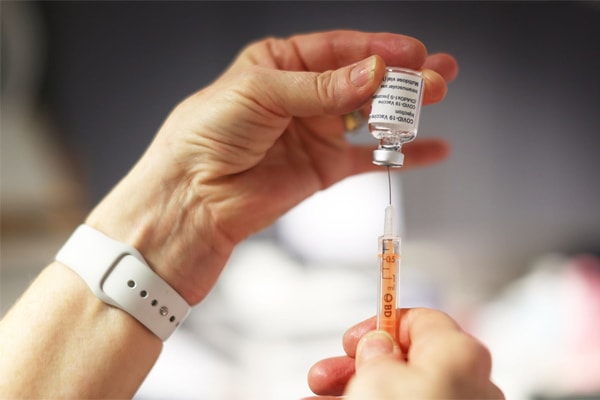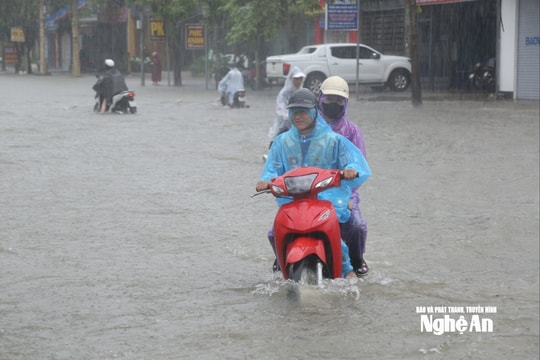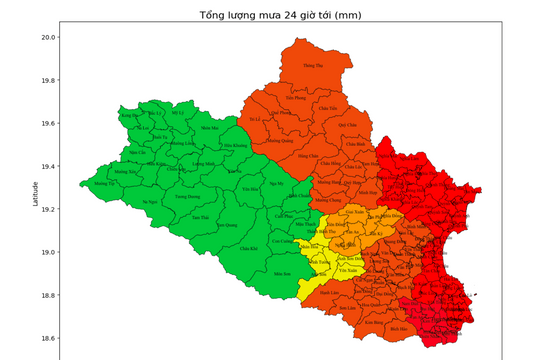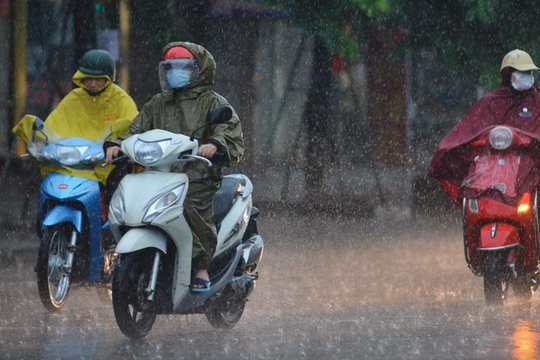4 factors that increase the risk of Covid-19 infection in vaccinated people
The type of vaccine, variants, time after vaccination, and the individual's immune system affect the likelihood of getting the disease.
Currently, 31.5% of the world's population has been fully vaccinated with two doses.Covid-19 vaccine. But even if you've been vaccinated, you can still get sick because no vaccine is 100% effective.
Just 2 weeks after the second dose, you will have the highest level of protection.
Experts say that even if you do get Covid-19 after getting two shots, your symptoms will be less severe. Vaccines have been shown to reduce the risk of severe illness and death.
One study found that about 0.2% of the population (1 in 500 people) were infected with Covid-19 after vaccination.
Scientists Vassilios Vassiliou, Ciaran Grafton-Clarke and Ranu Baral shared four factors that put a vaccinated person at risk of Covid-19 infection:
Type of vaccine
There are different types of Covid-19 vaccines available around the world, all of which aim to reduce the risk to vaccinated people compared to others.
Clinical trials concluded that the Moderna vaccine reduced the risk of symptomatic Covid-19 by 94%, compared with 95% for the Pfizer vaccine.
The Johnson & Johnson and AstraZeneca vaccines are less effective, reducing this risk by about 66% and 70%, respectively. However, the protection provided by the AstraZeneca vaccine increases to 81% if the interval between doses is longer.
 |
| Illustration: Sky |
Time after injection
You get the best protection two weeks after the second dose. Some studies have suggested that the effectiveness may decrease over time. That's why about 10 countries are planning to give a booster shot after six to eight months.
"Early research suggests that the protection from the Pfizer vaccine wanes six months after vaccination. Another report from Israel has shown the same. It's too early to know what happens to the vaccine's efficacy after six months, but there's a risk of further decline," the experts said.
Variations
As viruses circulate for a long time, they mutate - this is completely normal. Some variants of the SARS-CoV-2 virus, such as Alpha and Delta, spread more easily in the community.
When faced with the Alpha variant, the data showed that two doses of the Pfizer vaccine were slightly less protective, reducing the risk of Covid-19 symptoms by 93%. For the Delta variant, the level of protection dropped even further, to 88%.
After about 4-5 months, the above index is 77%.
Immune system
The reason the elderly and people with underlying medical conditions are in the priority group to receive the Covid-19 vaccine first is because they often have weakened immune systems.
"The risk will depend on your own level of immunity and other specific factors. For example, your exposure to the virus, which depends on your job," experts explain.
"Immunity often declines with age. Chronic illness also reduces our response to vaccination. Therefore, older people or those with compromised immune systems often have lower levels of vaccine protection against Covid-19 or see it wane more quickly."
The priority group was vaccinated eight months ago. So the vaccine's effectiveness has waned, making them more vulnerable to Covid-19.



.png)




